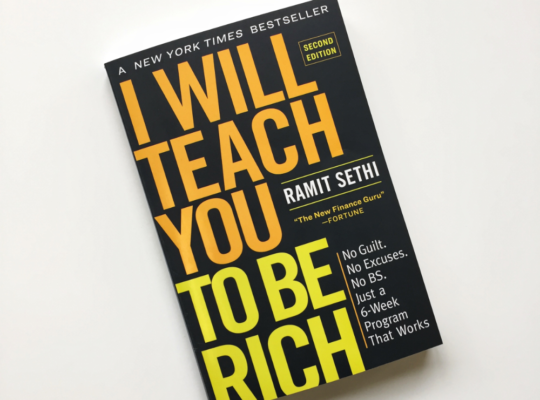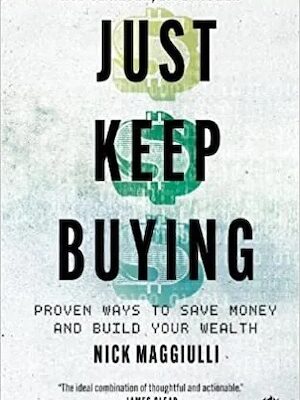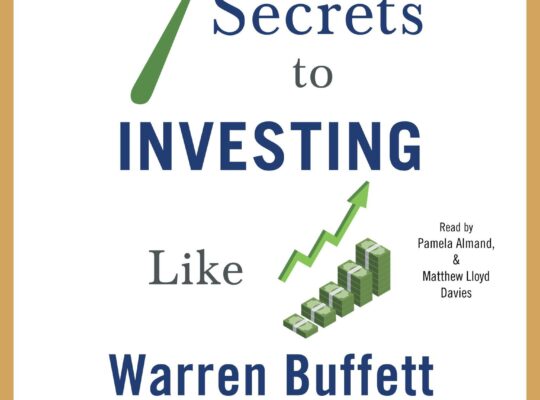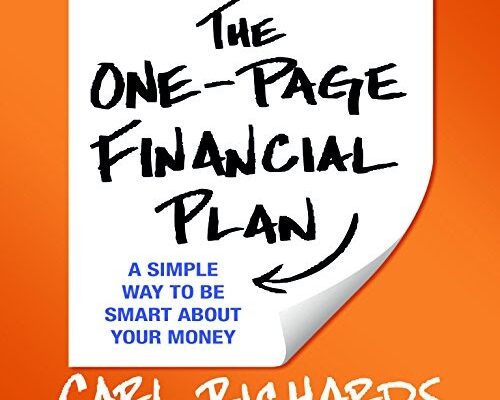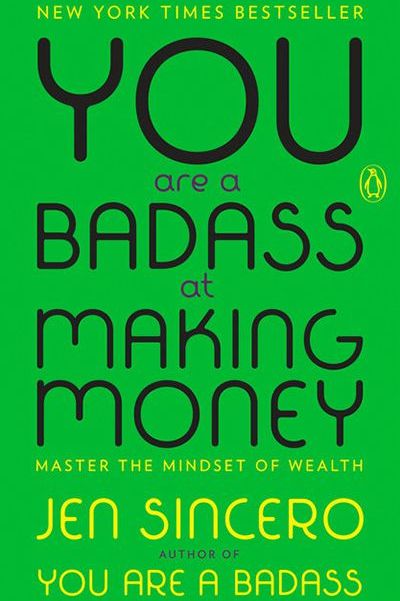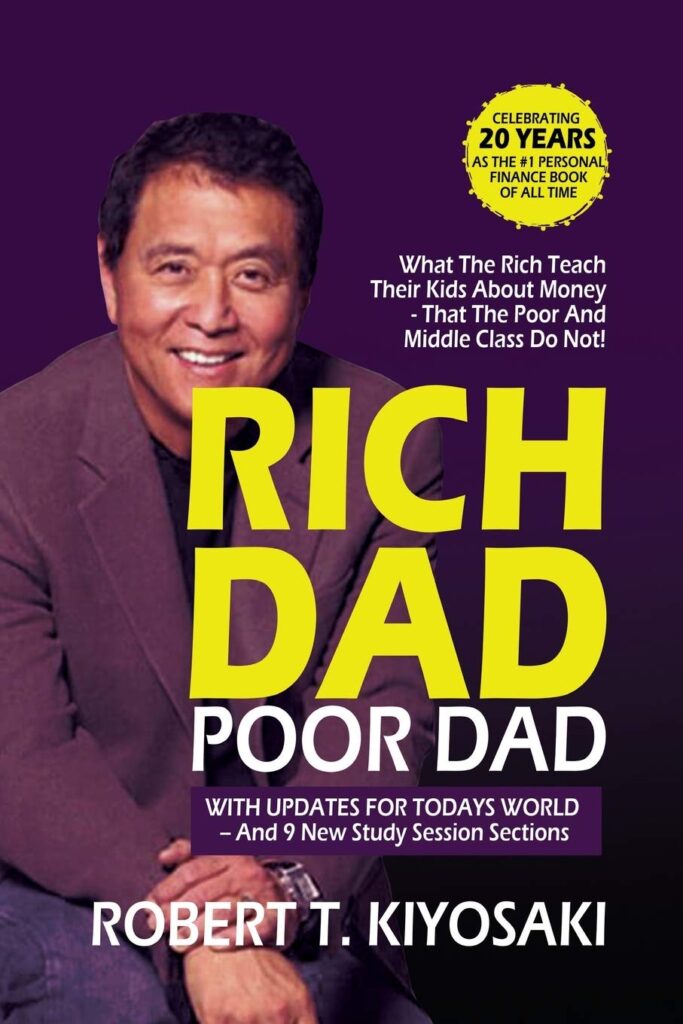
Rich Dad Poor Dad, published by Robert Kiyosaki in 1997, combines autobiography and personal advice to illustrate how to become financially independent and prosperous. Robert Kiyosaki is a businessman and investor with a net worth of more than $100 million. His ‘Rich Dad’ brand has released over 15 financial self-help books, with over 26 million copies sold globally.
Robert Kiyosaki contends that the ideas presented in this book are seldom taught in society and are important information for becoming wealthy. He cites his extremely successful career as an investor and his early retirement at the age of 47 as evidence to back up his statements.
Table of Contents
What will be the takeaways from this book ‘Rich Dad Poor Dad’
Our parents’ general life counsel would have been to go to school, study hard, and then obtain a decent career. However, this is not good advice – but that is what most parents and teachers impart to their children.
Also, we never learned anything about generating money in school. We are never told what it takes to become and remain wealthy. That knowledge, however, does exist. Wealthy families pass it on to generation after generation. But how can you get your hands on it?
This book will walk you through author Kiyosaki’s money lessons.
Rich people don’t work for money

The author begins with a tale about two nine-year-old boys. The first was the author, Robert, and the second was his friend Mike. The plot starts in the 1950s. Robert and his friend Mike were curious boys with great dreams: they aspired to be rich and earn a lot of money when they grew up. But they had no idea how they were going to do this. The lads made the decision to seek guidance. They asked their fathers how they might begin to accumulate wealth.
You may probably predict what Robert’s own well-educated but “poor” dad replied: “Go to school, study, and find a nice career.” It’s common advice, yet it’s mostly incorrect.
If you follow this advice, you will spend your whole life beating your back in order to improve your wage and nothing more. In other words, Robert’s poor dad might just as well have said, “Enter the rat race, the never-ending routine of laboring for everyone but yourself.”
Many individuals still believe that ‘a good job leads to money,’ as poor dad taught them. As a result, we study hard as children and work even harder as adults. But many do it out of fear, a profound sensation of anguish at the prospect of breaking the rules that society has drilled into us. We may avoid poverty as a result of this, but we are surely not becoming wealthy.
However, rich dads, like as Mike’s father, do not teach their children this mantra because they understand how money is acquired, expanded, and kept. Rich dad eventually became the boys’ financial guru.
The first lesson imparted by the rich dad is that – “life frequently knocks you about and laboring for money doesn’t really make you rich”.
Educate yourself about finances and employ your money wisely
So the argument arises, how do the rich get wealthy? The wealthy get wealthy by putting their money to work for them. Instead of squandering all of their money on fantasies and pleasures, they invest a portion of it in various sorts of assets. Rather of working for money, they let their assets to generate income for them.

Rich dad, in order to make it apparent to his sons, defined the word asset as everything that adds money to your wallet. A liability, on the other hand, is something that depletes funds.
The author demonstrates this with an example that ‘A house is frequently not an asset’. In fact, it’s one of the most serious liability you can have. Buying a house often entails working your entire life to repay off a 30-year mortgage and property taxes, which depletes your bank account.
A mortgage-financed home works against you in two ways: you’re assured to have a big chunk deducted from your income every month for the next 360 months, which is a sure evidence of a liability. Second, those 360 payments might have been invested in far more profitable investments that would have placed money in your pocket.
So, rich dad teaches this simple lesson that “If you want to be rich, all you have to do is identify true assets and buy them”.
Rich dad emphasised that a poor person’s paycheck is used to address urgent expenditures such as rent, taxes, and food. A middle-class paycheck must cover similar costs, as well as obligations such as a mortgage, education loans, credit cards, and other types of debt.
Rich individuals, on the other hand, do not require a wage since their assets bring in as much money to cover them and frequently leave them with adequate funds to invest again – such as stocks, bonds, or real estate you rent to tenants. As a result of that reinvestment, their income increases yet again, implying that the rich continue to become richer.
Make money for yourself, not your employer
The author is not advising you to leave your day job – at least not yet. It simply means taking care of your own finances and earning money for yourself in addition to your company. In other words, rather than promotions, bonuses, and salary increases, you may make money through your asset portfolio.
There is a distinction between your career and your business when it comes to personal money. Whatever you do 40 hours a week to pay your bills, purchase groceries, and cover other living expenses is your profession. Your business, on the other hand, is what you devote time and money in to help build your assets.
Robert indeed had a job too – but it was the increase of his assets that finally made him wealthy. The time he spent working for firms and investing his profits led him to conceive of his assets – every dollar he placed into investments was working for him, accumulating wealth even while he slept.
Hence, if you want to be wealthy, you must adopt the same mindset. Even with promotions and incentives, your pay is unlikely to make you truly wealthy. What your paycheck can do is assist you in purchasing things that will benefit you.
The lesson here is to differentiate between your employment and your business, since only one will make you wealthy, and that is your income-generating assets.
Understand the tax codes and legal system to stay ahead of the systems in place

Rich dad underlines that it is the middle class, not the wealthy, who bear the brunt of the tax burden. The wealthy are simply too smart and well-equipped for it, and successfully avoid taxation using effective methods. The company is one of the methods that the wealthy employ to avoid paying taxes. A business or firm can spend pre-tax cash and is only taxed on what is left over after costs. Individuals, on the other hand, are taxed first, and are thereafter free to spend the rest.
This is a key point to grasp: if you were only taxed on the portion of your income that you did not spend, and you shielded your assets via companies, the wealthy could escape paying taxes while the middle and lower classes could not.
However, that is not the only advantage that a company provides to the wealthy. When you create a corporation or a firm, you restrict the amount of money you may lose if your business fails. Corporations enable the wealthy to earn enormous financial advantages while avoiding commensurate dangers. So, the author tends to explain here that using the tax and legal systems to our benefit to preserve and grow wealth.
We do not get proper financial education
We are often taught that hard work and studies would automatically lead to success and prosperity. Except for rich dad, no one seems to have considered the need of financial education.
Children are not taught about things such as saving or investing at school or by their parents, and as a result, they are unaware of concepts such as compound interest.
This lack of financial intelligence affects not only today’s youngsters, but even highly qualified adults, many of whom make terrible financial decisions. The majority of people have no proper retirement plan. The majority of the workforce lacks pensions, and those who do have pensions are ineffective.
Evidently, our society has left us with little financial understanding. So, one of the important lessons given by the author here is to become financially educated. We must educate ourselves and begin developing a financial strategy.
Three steps to follow for getting financial education
You may begin your road toward personal fortune at any time in your life, but the sooner you begin, the better. Obviously, starting at 20 increases your chances of being wealthy significantly more than starting at 30.
However, regardless of your age, following these three steps is the easiest way to begin. First, assess your financial situation. Second, define some financial goals for yourself. Third, get the education you need to get there.
Let us go through these in greater detail: Take an honest look at your existing financial situation as the first step. What type of income can you reasonably expect from your present employment now and in the future, and what kind of costs can you sustainably handle?
Following that, you may create realistic financial objectives. For example, goals such as buying a car in 5 years. The next stage is to begin developing your financial intelligence. In your leisure time, you may also further your financial knowledge. Enroll in financial classes and courses, study finance books, and attempt to connect with financial experts.
According to the author, if you lay your financial future on these key components, you have a high chance of being wealthy one day.
Financial intelligence, coupled with courage allows the rich to “invent” money
The most significant adjustment you will most likely need to make is learning to take chances. In the actual world, it is typically the brave who succeed rather than the intelligent. The wealthy all have the trait of being willing to take risks.
“If you don’t conquer fear, you’ll miss out on amazing possibilities in life,” the author says. Because they are afraid of society’s criticism, the studious and bright often live paycheck to paycheck. This hinders them from escaping the “rat race” and becoming prosperous. Furthermore, the fear of losing money stops people from investing in stocks or other assets.
That is why financial intelligence requires two essential ingredients: knowledge and courage. These two criteria distinguish the wealthy from the rest of us.
In the actual world, success demands more than simply hard work. When you combine boldness with financial knowledge, you can identify and capitalize on chances rapidly. To put it another way, you can nearly “create” money.
Instead of playing it safe, try investing your money in stocks or bonds

To begin with, taking chances implies not being secure with your money, which is what you are doing when you put your money in simple savings accounts at the bank.
Rather of playing it safe, consider investing in stocks or bonds. While they are regarded more risky than traditional bank accounts, they have the potential to generate far more money. Sometimes, like with stocks, this may occur in a very short amount of time.
Of course, the greater the possible gain, the greater the risk. With stocks, for example, there is always the possibility of losing your invested capital. However, if you do not take the risk in the first place, you will almost certainly not gain any significant returns.
So you can see that taking greater risks and dealing with bigger risks is important if you want to start producing more money. It’s what the rich dad would expect us to do.
Don’t just work to earn – ‘work to learn’
Rich dad had pounded into his boys’ heads that “Knowing a bit about a lot was crucial for everyone who desired to generate money”. According to the author, you must work to learn, not merely to earn. After all, his assets would be utilized to make money.
But poor Dad didn’t get it. He was brilliant and well-educated, yet he believed that specialization was the path to riches. The further up you go and the deeper you learn, the smaller your field of study becomes in the realm of concentrating in a particular topic. But it didn’t assist poor dad because the specialization didn’t increase his profits. Rich dad, on the other hand, had a broad basis of knowledge that guided him along the route to true wealth.
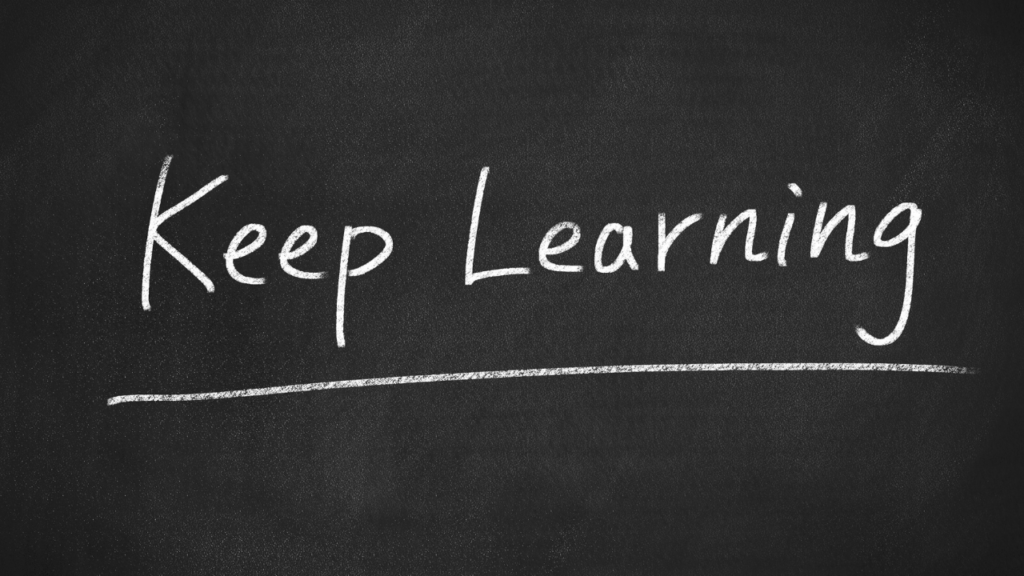
That is why Rich Dad encourages his sons to work in a variety of divisions within his corporate empire. The goal was not to locate a specific profession in which they might spend their lives; rather, it was to provide them with the variety of skills and knowledge required to become wealthy.
Final summary
Just as a recap, this book ‘Rich Dad Poor Dad’ covers six main lessons:
- The wealthy are not required to labour for a living. If you merely continue in the rat race your entire life, you will enrich someone, but it will not be you; it will be your boss’s pocket that you will be expanding.
- Learn about finance, locate actual assets, and invest in them.
- Maintain your day work, reduce your spending, but also create a side business to make money for you.
- Understand your country’s tax and legal procedures since that’s what rich people do to keep their wealth intact.
- Making money requires courage – and if you have it, you can take advantage of life’s possibilities and “create” money in any scenario.
- Work in order to gain knowledge and learn in a wide sense. Specialization in a certain topic or field may work for some, but it will not work for the majority of individuals to become wealthy.
Check out my other blogpost on review of the book “Your Money or Your Life”, which gives us some valuable transformational lessons for Financial Freedom and Early Retirement.
Do Follow me on Linkedin and Quora for more informative posts on personal finance, investments, money management, debt management, and much more.

